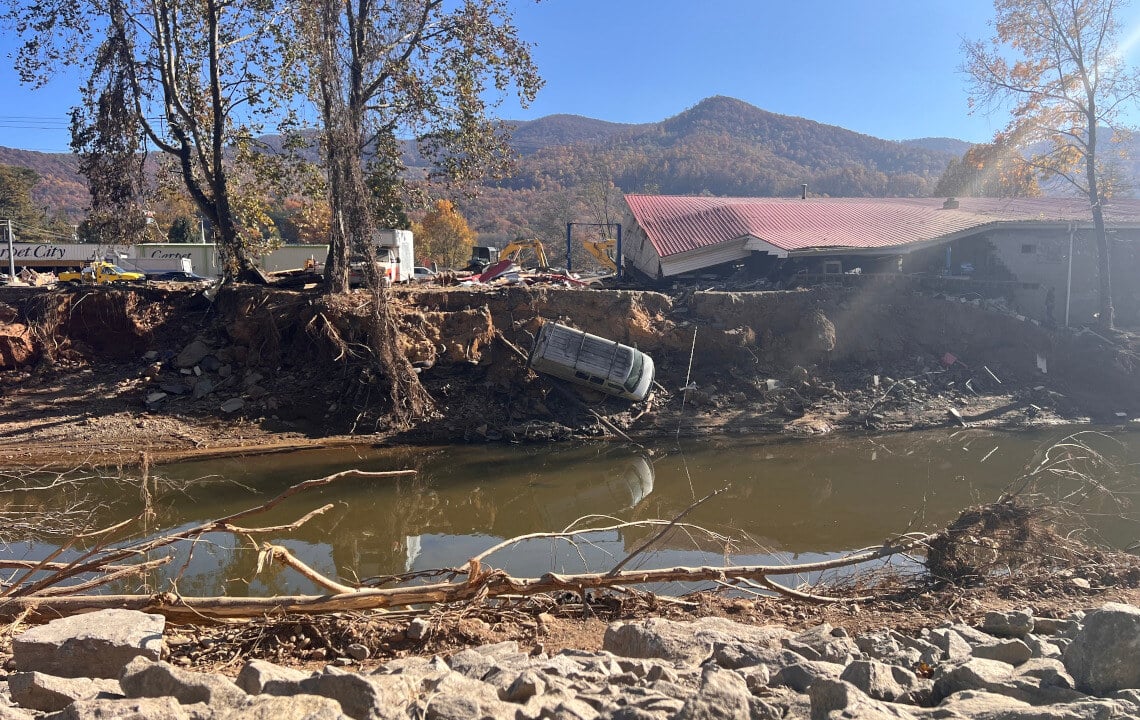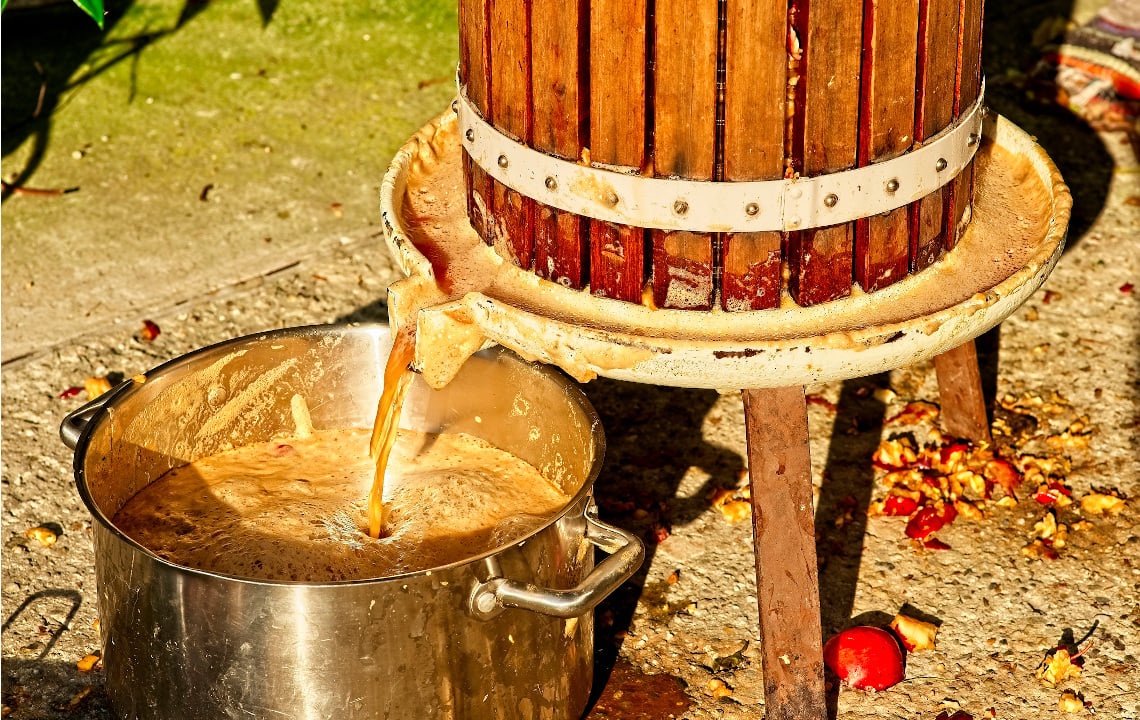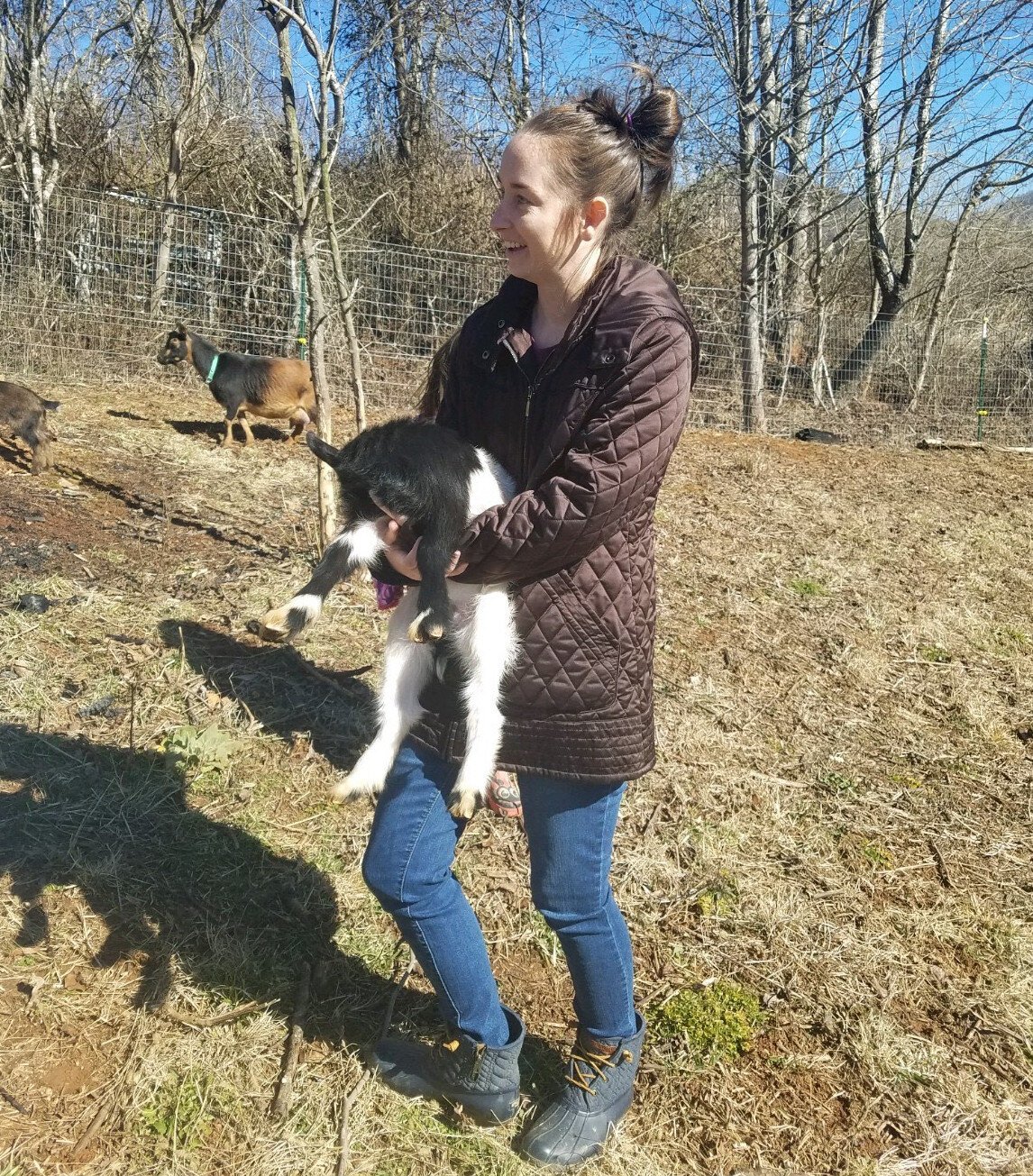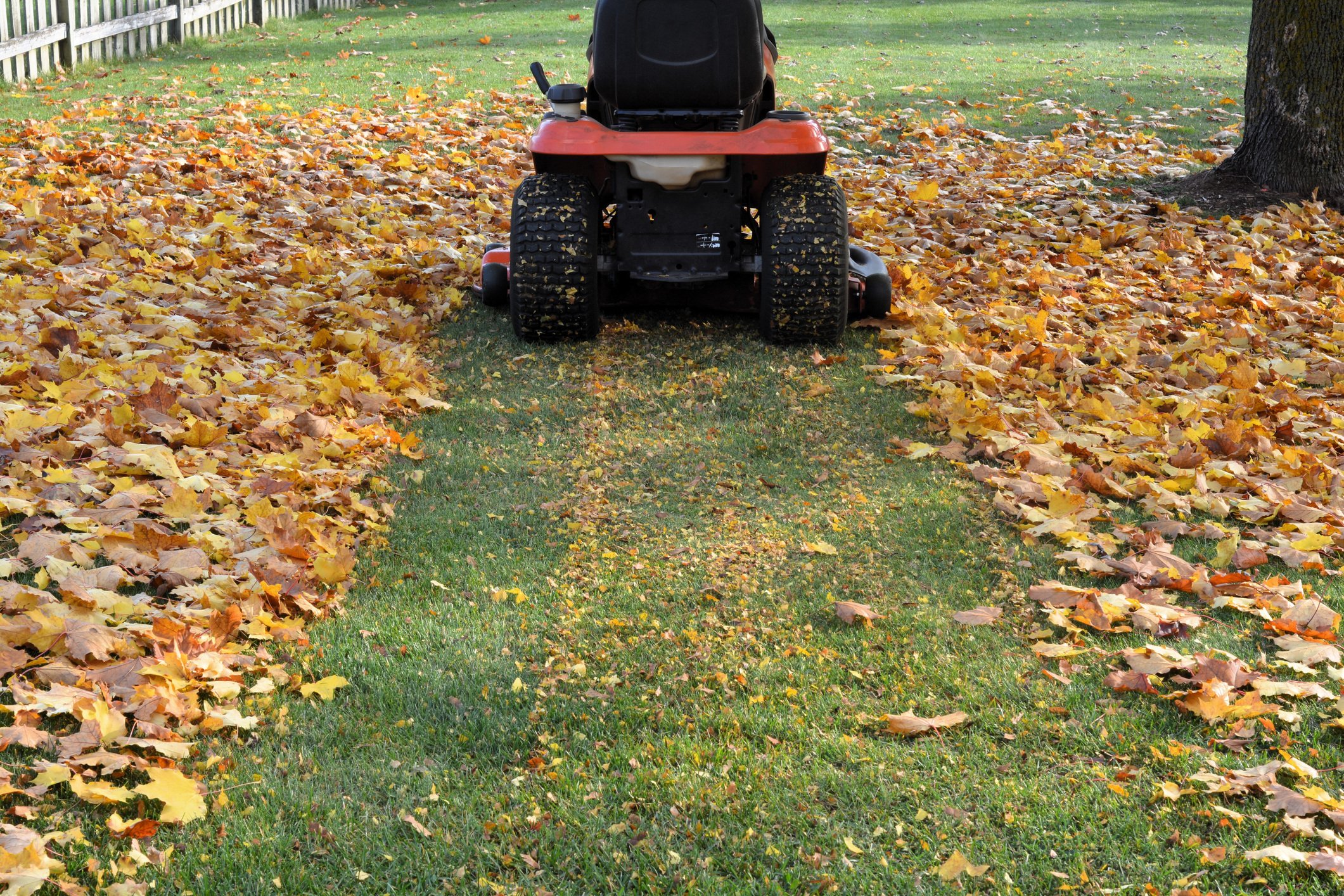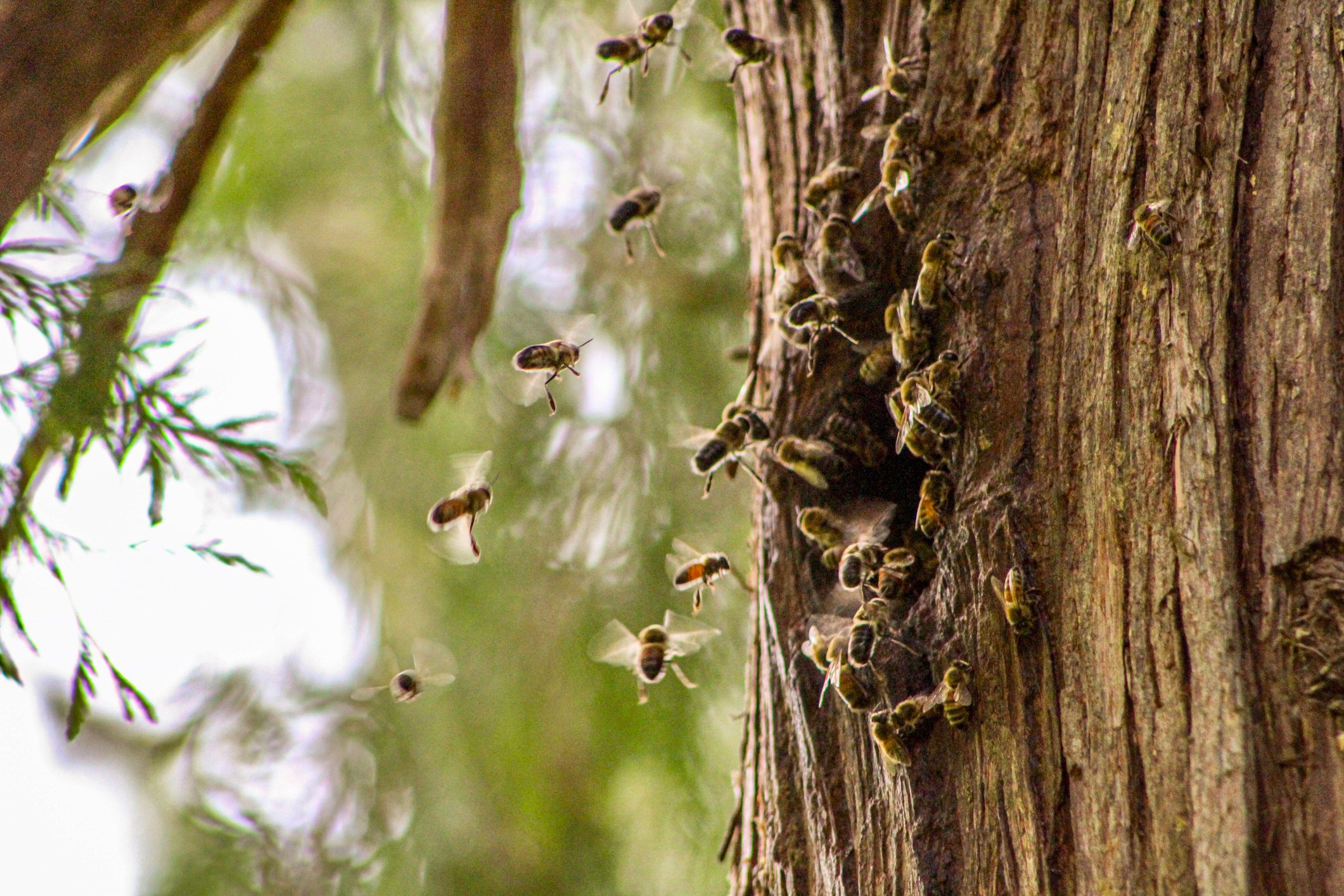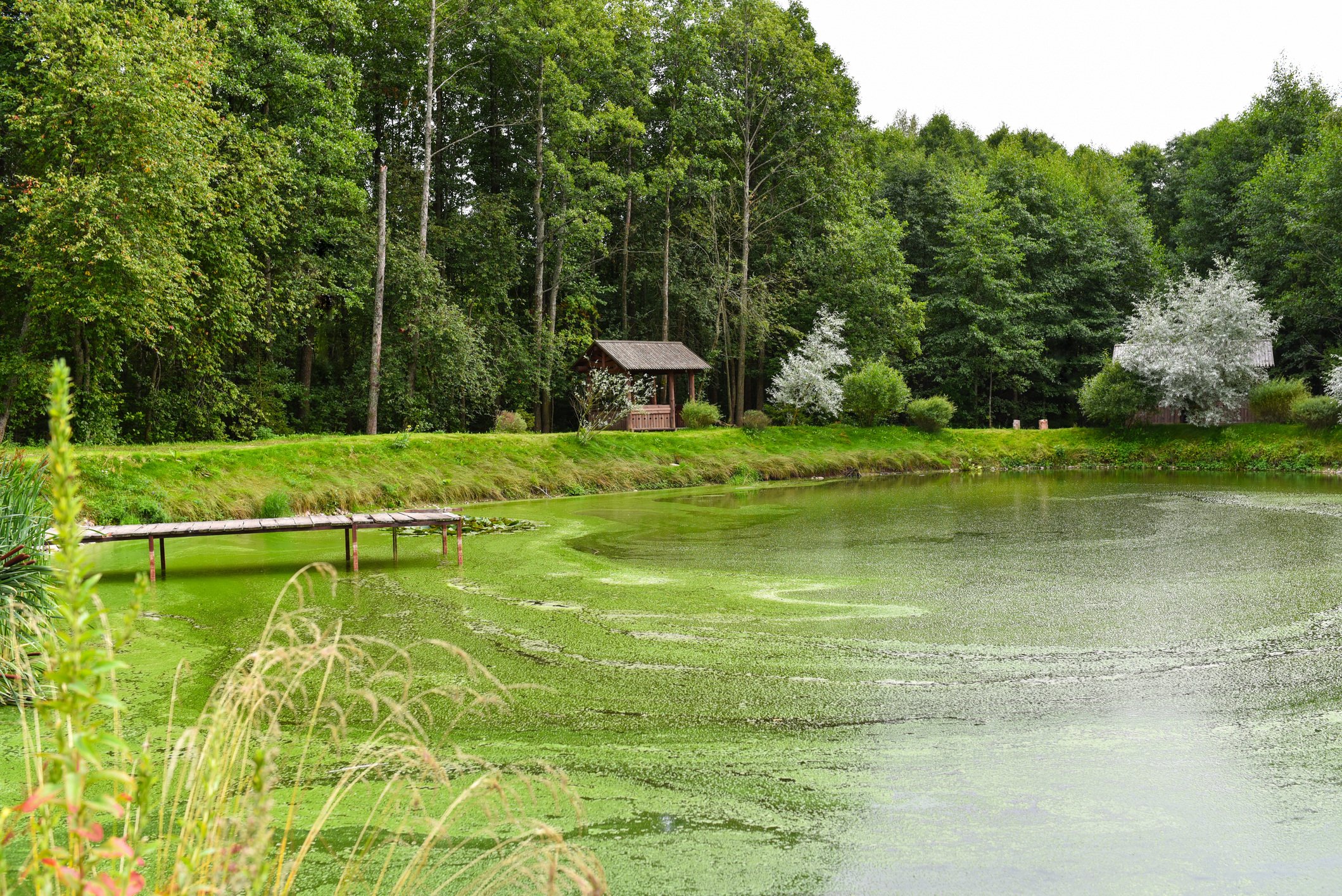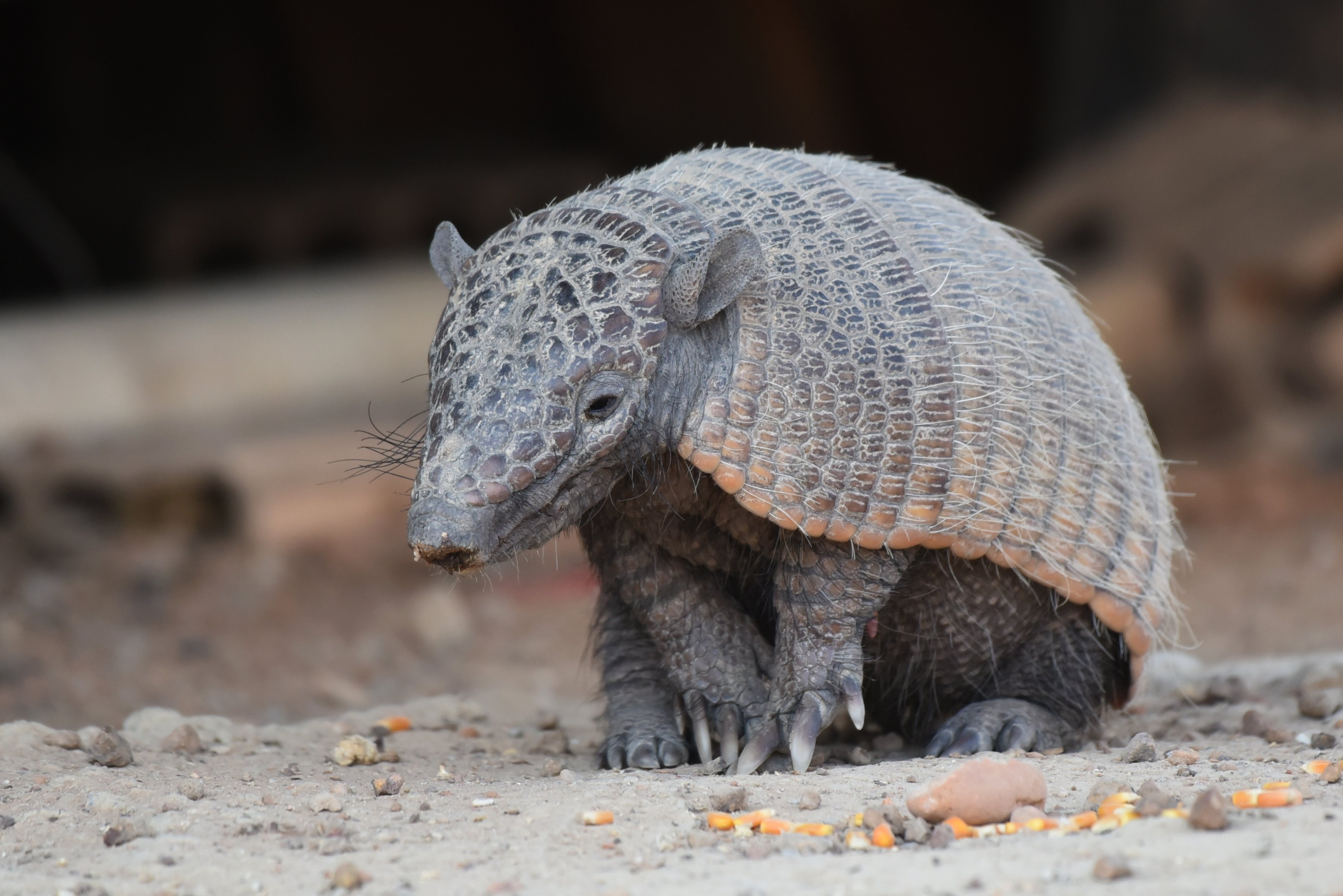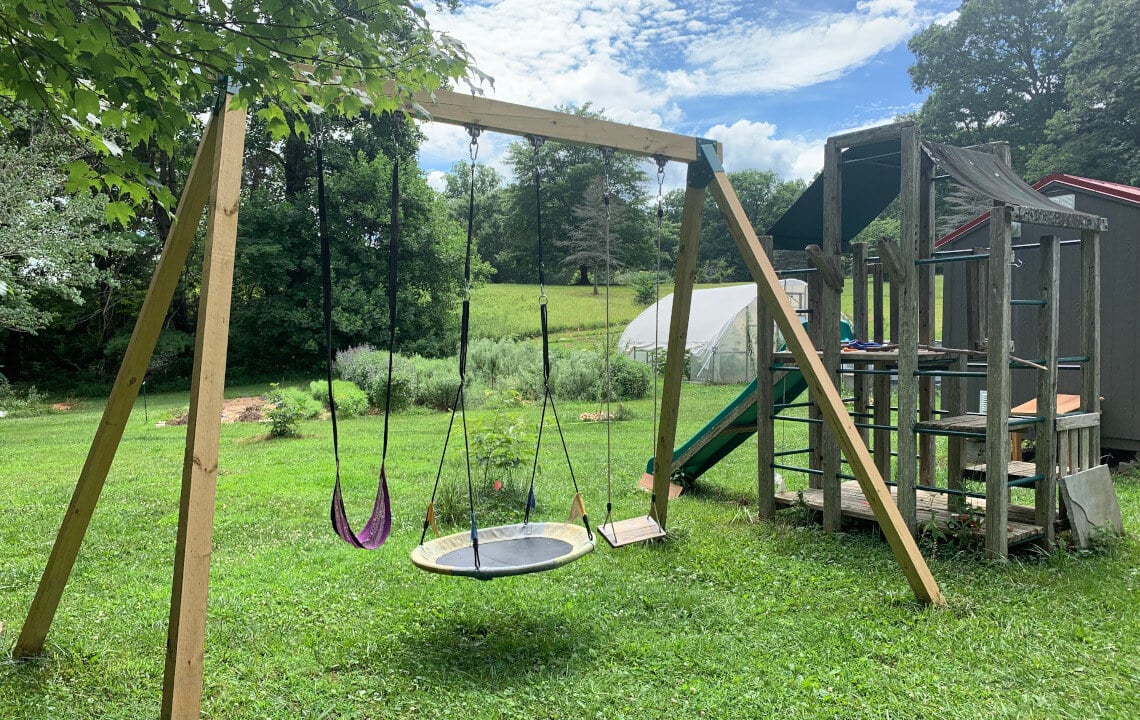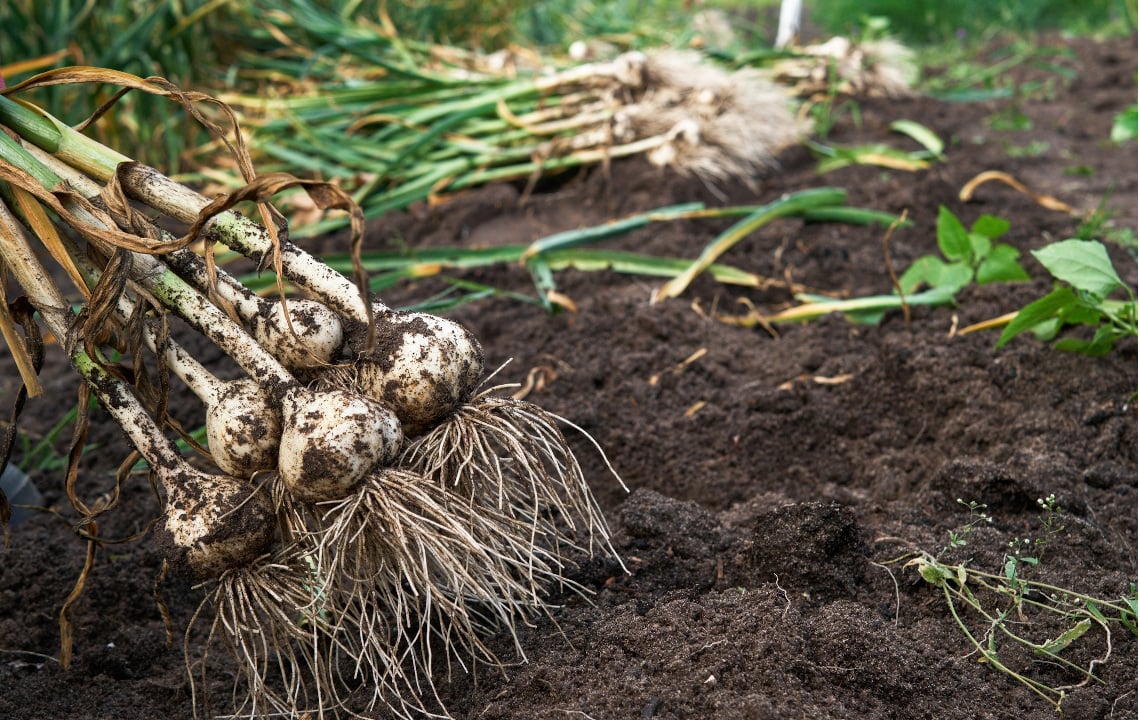The last few years have been hard on children and families. However, uncertain times (and summer break) provide parents a unique opportunity to teach children the value of self-sufficiency skills that will serve them for a lifetime. Grandpa, father, mentor and survival expert L. Woodrow Ross shares some fun and useful skills parents can pass down to the next generation.
Reflections on Historical Influences
As a retired person, I have a unique view of the world. It is seen through a lens of a kinder, gentler time when home life was much different. Social media was almost non-existent, entertainment was in its infancy and, in my opinion, there was an innocence that ruled the land.
We had suffered some serious situations as a country: WWII, the Korean Conflict, and the Vietnam Conflict. Today we are faced with the crisis of a fading pandemic, rising inflation, supply chain issues and the Ukrainian war.
With the advances of media coverage, the situation in Ukraine for example, is televised constantly, and we are bombarded with images of death and cruelty almost as it happens.
Mankind has always been faced with tyrants and pestilence, but it seems that times were gentler and families had more “togetherness”. We were all together at meal time and kids spent more time playing together and outdoors than being consumed by smartphones and social media.
In my observations, and those I have read from many experts and publications,[1] this disconnectedness and reliance on the digital world has led to cognitive developmental problems and feelings of inadequacy, depression, lack of purpose and fulfillment in young people.
In times such as we are experiencing, there are things that we can do to inspire our children and help them reclaim their childhood sense of security.
Teaching children basic skills will not only fill or prevent a void in their life, but will help to provide a sense of self-worth and accomplishment that is vital to healthy development and overall well-being.
My wife and I are avid readers. She is a wonderful mother to our three girls. She read to them and taught them many of the skills that are still useful today.
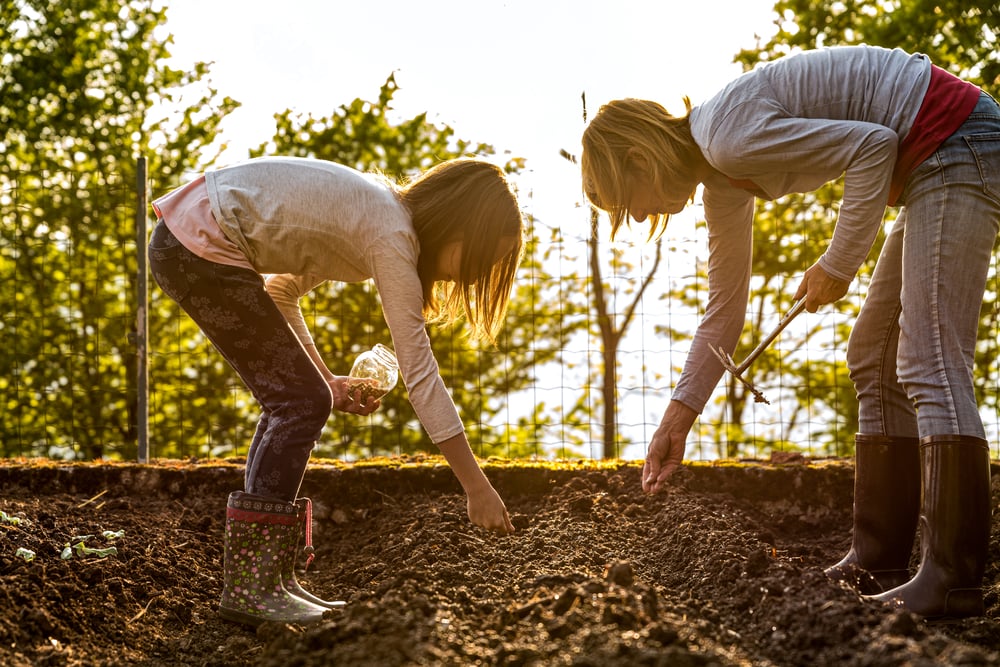
What Projects or Direction Can We Provide for the Youth of Today?
There are many things we can help our kids to learn about that will stimulate their thinking while giving them useful skills. Hopefully, these will imprint on their memories and have long-lasting benefits.
Some of these include:
- Starting seeds in preparation for planting a garden
There is a sense of wonder in seeing a seed germinate and mature into a plant that provides food for the family. It can spark a sense that they are contributing to the family welfare, while setting them up to be more self-sufficient in the future. Plus, gardening has been associated with a variety of physical, mental and emotional health benefits. - Learning handwork such as cross-stitch, embroidery, knitting, etc.
There are some basic designs that are within the capability of very young children and it enhances their appreciation of art. Research has also shown that handwork, such as knitting or other crafts, benefits the developing brain by enhancing emotional well-being and focus.[2] - Painting
Watercolor or acrylic are good mediums for beginners, as they are more forgiving than oil painting. Painting allows kids a form of expression that transcends words. They can reproduce images that are meaningful to them and communicate their feelings through painting. - Assignment of chores
Giving children age-appropriate chores around the house, yard, farm, etc. provides a sense of responsibility and builds work ethic. They also learn that work is noble and it provides a sense of accomplishment. Research backs this up, with a 75-year Harvard study confirming children who are given age-appropriate chores tend to be more successful in life.[3] This is just one of many studies on the topic. - Just being there for them is important!
We must make time to discuss their fears, ambitions, questions and teach them to face life optimistically and to think critically. This also means being mindful to not over-schedule ourselves or our children. - Meal planning
This essential skill can be taught by example to even small children. During Sunday dinner, just ask everyone for some meal ideas for the following week. Then you decide what you want to make, write down the weekly menu where everyone can see it, and there! You've already taught them a wonderful lesson in planning and food/time budgeting. Older children can also help with making a grocery list and learning how to implement and track the family food budget. - Archery
Older children will enjoy archery. Many schools have joined with NASP (National Archery in Schools Program) to teach archery to students, giving them the opportunity to attend and participate in competition. - Photography
With the advent of camera apps on cellphones, it is easy to shoot photos. With these or other basic cameras, kids can learn about the fine points of photography such as composition, proper exposure, the rule of thirds and more. With instruction, they will be able to take photos that are more appealing to their viewers. - Cooking, baking and general food preparation
Many parents have children start helping in the kitchen when they're toddlers. There are even safe tools they can use for chopping, rolling dough, grating cheese, churning butter, grinding grains (some baby food mills these days double as grain-grinders), etc. It may be more work for you to have their "help", but the sooner they start learning this vital life skill the more likely they are to enjoy it. There are plenty of kid's cooking classes online or in-person. Or, just get them a stool and let them starting "helping" you with easy tasks like making sandwiches, spinning salad, mixing up dressings, baking bread, etc. - Hunting small game and fishing
The age at which children are ready to go hunting depends on the individual child and those mentoring them. However, they need to be old enough and capable of following directions and understanding the necessity of safety. Children can start fishing even younger. I'll cover more on fishing coming up, and you can get more tips on introducing your kids to hunting from another dad and outdoor enthusiast here. - Primitive fire starting
This is only appropriate for older children who you feel can be trusted to work with fire responsibly. And even then, you'll need to clearly state the rules and boundaries of using this skill. Teens typically enjoy this, and it's a wonderful survival skill to take camping, hiking, etc. I offer a full tutorial on fire starting here. - Food preservation
Teens or pre-teens may enjoy learning how to can garden produce, and make jams, pickles and other preserves. Gourmet herb salts (like this fresh Basil Salt) are also fun to get creative with. Younger ones can get involved dehydrating fruit and veggies, the basics of lactofermentation, making yogurt or kefir and curing vegetables for the fall and winter. These are invaluable skills that will give your children a head-start in food self-sufficiency. - Map reading
Yes, everyone has a GPS these days. However, map reading is still an essential skill. Especially if your children get interested in hiking, primitive camping or outdoor adventuring in general. A compass will usually pique a child's interest, and you can go from there. - Basket making
The simple art of weaving baskets is relaxing, practical and fun for children. They also make great handmade gifts. You can find basket making kits and tutorials online, in books or contact your local art center to inquire about classes.
.jpg?width=1000&name=IMG_1072%20(2).jpg)
Examples of People Who Have Made a Difference
A retired friend of mine recently lost his brother who has several grandchildren. They are interested in hunting, but have not been exposed to primitive or survival skills.
That is a favorite pursuit of mine and I have shared various skills and materials with this friend. Knowing that one of the boys was especially interested in anything related to the outdoors, he is planning to teach him how to start a fire with a bow drill and a ferro rod. These skills are something that the boy will carry throughout his life and it will make the link to the outdoors even more appealing to him.
Today, I read a piece by Sarah Allen, onX Customer Success Technician, that discusses her interest in hunting and the outdoors. She was in her late teens when she developed an interest in hunting, but did not have a mentor until meeting her future husband.
She is aware of the need for mentors to teach good hunting practices. Before she had a mentor, she was hunting with a friend and they became lost. Fortunately, they met another hunter who gave them directions and they found their truck, right at dark. This experience led her to her passion for maps and navigation.
In her role today, she is very aware of the positive nature of hunting and fishing. Learning to cope with the outdoor world can be some of life’s most affirming experiences.
Just this week, I saw Will Cain, of Fox TV Network, on a trip to Montana, where he and his two boys were fishing with Steven Rinella.
Rinella is a TV celebrity with a show called “Meat-eater”, who we featured in a past article on hunting small game. He has a new book coming out called “Outside Kids in an Inside World”. It deals with the importance that nature has for kids. I have not read it yet, but it is on my reading list as soon as it is available.
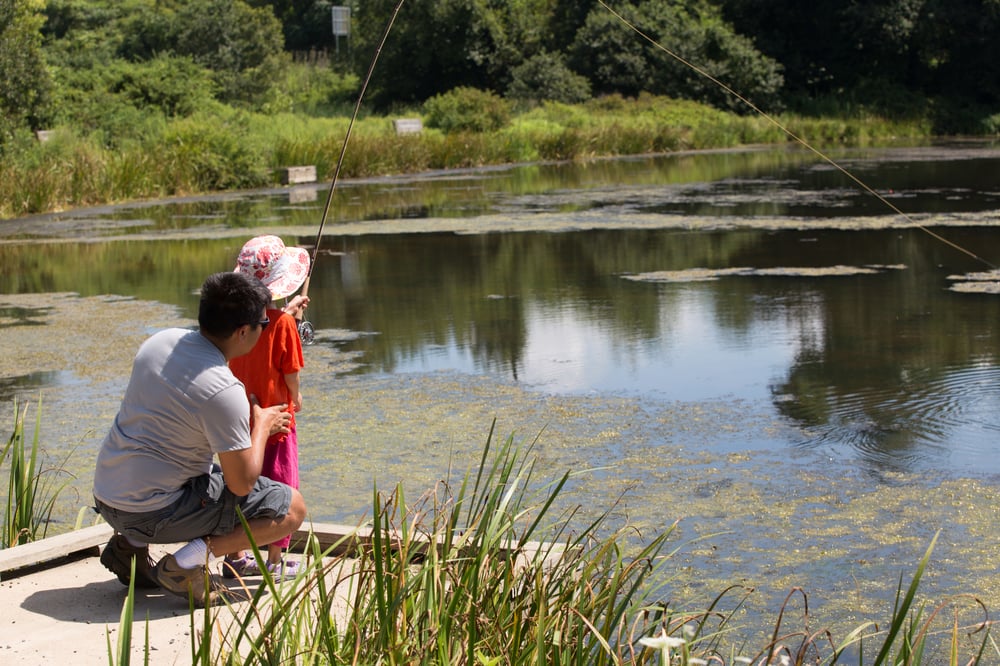
Learn to Fly Fish
As a life-long devotee of fly fishing, I recommend it highly as a skill that will teach some important life lessons to kids. It will teach patience, an appreciation for nature and the necessity of coordination.
Orvis has a free short course on fly fishing called “Fly Fishing 101”. It is available online and covers the basics:
- Part 1 – How to rig your fly rod.
- Part 2 – Master the fly cast.
- Part 3 – Two knots are all you need to get started.
- Part 4 – Six flies every angler needs in their box.
- Part 5 – Bring it all together.
Learning to fly fish can lead to learning about entomology (the study of insects). It is important to imitate the insects encountered on a stream to catch trout.
This can then leapfrog into fly tying, which is an interesting pursuit in itself. A beginner’s vise and basic materials can be inexpensive, but fair warning, it can be contagious. Check out Teen Masters the Art of Fly Tying for an inspirational story of a young man who turned his fly tying hobby into a teaching business.
There are other fishing pursuits, influenced by the types of fish and locations available. Any of these methods is a good thing to teach children.
My friend and fellow writer, grandpa and outdoor/fishing enthusiast, Jim Mize, has written a helpful article on how to introduce children to fishing here.
These are only the tip of the iceberg.
There are many pursuits that are suitable and interesting that will help kids develop good habits and find their niche in the world. But it is up to us as parents to take an interest, make an effort and help guide them.
As I mentioned in the introduction, uncertain times give us a unique window of opportunity to come together as families and engage our children in purposeful work. It will not only enhance their over all well-being and prevent boredom, but help steer them toward a brighter and more secure future.
References:
1: https://pubmed.ncbi.nlm.nih.gov/28168778/
2: https://www.sciencedaily.com/releases/2016/11/161123183914.htm


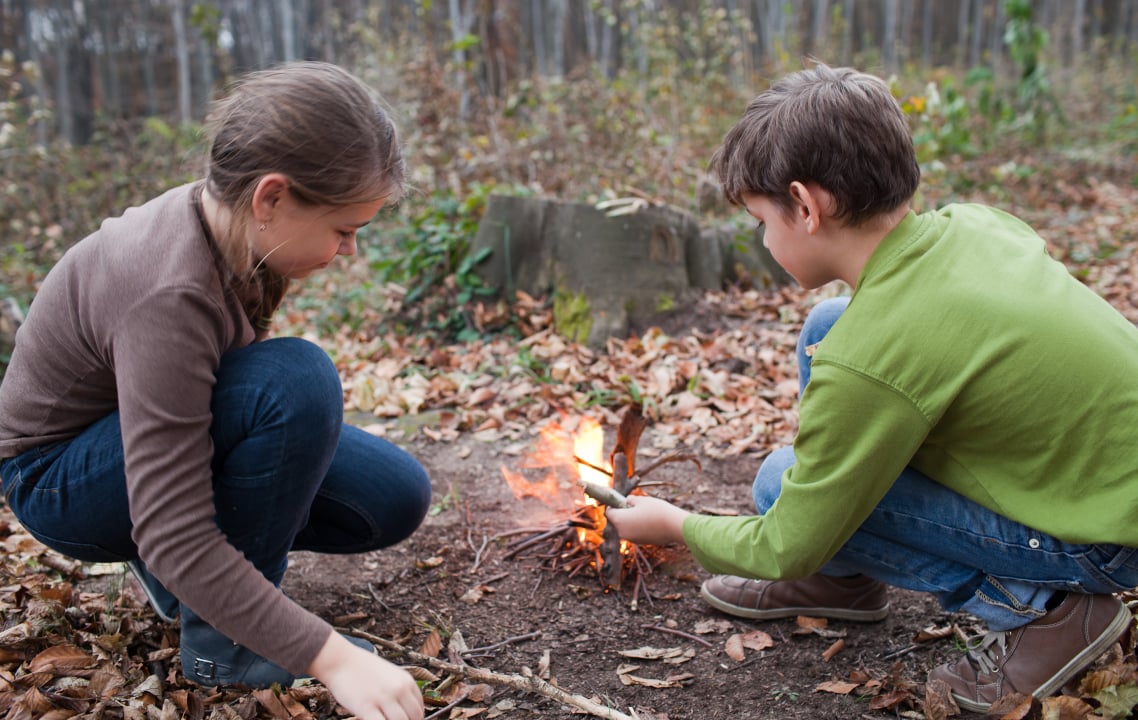
.jpg)


